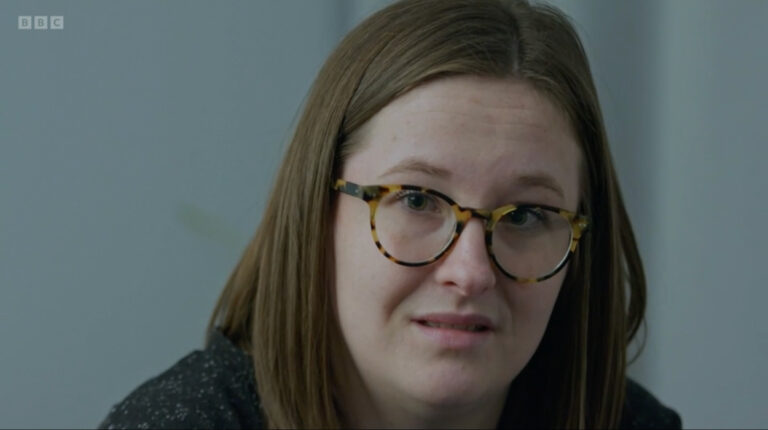Rape victim’s case dropped after sleep experts claim she experienced an episode of ‘sexsomnia’
Jade McCrossen-Nethercott, 30, is suing the Crown Prosecution Service (CPS) after it admitted wrongdoing in regards to a recent criminal investigation. The CPS dropped McCrossen-Nethercott’s rape case after sleep experts claimed she had experienced an episode of “sexsomnia.”
According to the National Library of Medicine (NLM), sexsomnia is a rare sleep condition that can be characterised as “sexual behaviour during sleep” wherein undesirable physical events or experiences may occur while an individual is in non-rapid eye movement (NREM) sleep. “It can vary from sleep masturbation to sexual moaning and vocalisations, to fondling and full sexual intercourse with a bed partner. In all reported cases, memory of the sexual event is completely or almost completely impaired.”
Little information exists regarding the sleep disorder, primarily due to the fact that most individuals are completely unaware that they have the condition in the first place—therefore, they rarely seek medical attention unless they experience negative consequences.
Sleepstation, an online company providing clinically validated sleep improvement programmes, has emphasised the dangerous implications of sexsomnia and the legal issues that surround the disorder. Establishing sexsomnia in a legal setting is incredibly difficult as the diagnosis measures needed to identify the condition are generally not taken into consideration.
In a number of historic legal cases that have involved sexsomnia, it is often the accused that employ this diagnosis as a defence—claiming that the defendant was not conscious and therefore cannot be charged with sexual assault. Of course, in this instance, the individual who allegedly suffered an episode of sexsomnia was the victim rather than the culprit.
In 2017, McCrossen-Nethercott awoke to find that she was half-naked and had a strong feeling that she had been raped by the man lying next to her. During the documentary Sexsomnia: Case closed? she told the BBC, “I confronted him saying, ‘What’s happened? What have you done?’ And he said something a bit odd I guess, but he did say ‘I thought you were awake’. And he just bolted out basically, and left the door open.”
The victim, shortly after, rang the police and endured forensic testing. The authorities were quickly able to identify the accused man’s semen as present in a number of vaginal swabs.
Three years later—days before the criminal trial was due to commence—lawyers told McCrossen-Nethercott that the case had been dropped following the so-called expert opinion of two sleep analysts who claimed that she may have suffered an episode of sexsomnia, thereby meaning she may have vocally consented to the sexual acts, as reported by The Guardian.
Understandably, the victim was outraged and requested all evidence that had thwarted the prosecution’s attempts. “I don’t see how this can be one isolated incident [of sexsomnia], that just so happens to be the time that somebody I would never have consented to have sex with had sex with me,” stated McCrossen-Nethercott.
Unwilling to give up, the young woman sought out to challenge the acquittal and submitted a victim’s right to review to the CPS and a chief crown prosecutor, independent of the CPS department which had made the initial decision to close the case and forgo a trial.
After a thorough re-evaluation, the independent prosecutor concluded that the case should have gone to trial, where the sleep experts’ evaluations could have been challenged and potentially dismissed.
The prosecutor then sincerely apologised to McCrossen-Nethercott, stating, “I cannot begin to imagine what you have been through and how you feel. I noted during my review the devastating effect of this case on you. I apologise unreservedly for this on behalf of the Crown Prosecution Service although I appreciate that it is likely to be of little consolation to you.”
As of October 2022, McCrossen-Nethercott is actively pursuing legal action against the CPS in hopes that a new trial will be set in motion.






